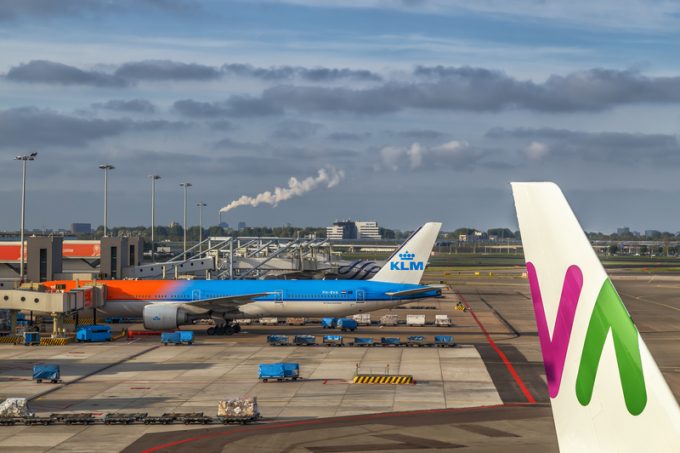IATA to downgrade air cargo growth forecast 'to something more sustainable'
IATA’s air cargo 2025 growth forecast for yields and volumes is set to fall, after ...

The European Shippers Council is arguing, reasonably enough, that IATA’s 80:20 rule, whereby airlines lose slots at full airports if they fail to operate 80% of flights as per the schedule, should be adapted to 70:30 for freighter operations. Freighter operators need to adjust schedules and wait for cargo, whereas the 80:20 rule was designed by IATA for passenger operations. The low-cost and leisure airlines are taking up the capacity, and many are not even IATA members. But despite frequent requests ...
Keep our news independent, by supporting The Loadstar
Four crew members still missing as Wan Hai 503 continues to burn
Explosions and 'out-of-control' fire reported on Wan Hai box ship
Carrier price hikes hold, driving spot rates higher as space gets scarcer
Predatory rivals circle as the ripples from DSV's Schenker buy widen
MSC Elsa crew face criminal probe, as Wan Hai 503 firefighters battle on
Transpacific rates ease as capacity boost proves too much for trades to digest
'It's driving us mad', say forwarders as US court fails to end tariff turmoil

Comment on this article